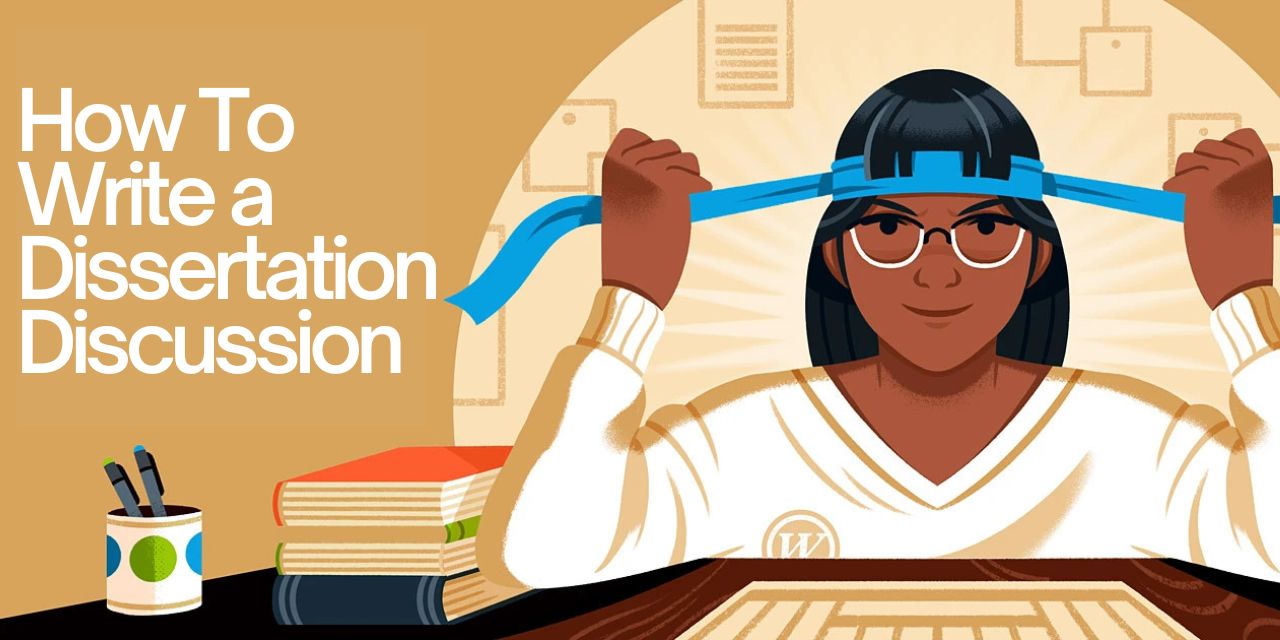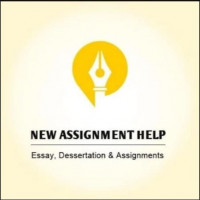How to Write a Clear and Insightful Dissertation Discussion?

Strong 8k brings an ultra-HD IPTV experience to your living room and your pocket.
How to Write a Clear and Insightful Dissertation Discussion
Writing a dissertation is a huge undertaking, and if you’re at the stage of crafting your discussion section, you’re almost there! But how do you ensure it’s clear, insightful, and impactful? Let's break it down step by step.
Understanding the Importance of the Discussion Section
What is a Dissertation Discussion?
The discussion section is where you interpret your research findings, discuss their implications, and relate them to existing literature. It’s not just a summary of results; it’s where you weave the narrative of your research.
Why is it Crucial?
Think of the discussion as the heart of your dissertation. It’s your chance to show off your analytical skills, demonstrate your understanding of the topic, and engage with the broader academic community. To effectively write a dissertation discussion, focus on synthesizing your findings with the relevant literature. A strong discussion can elevate your dissertation from a mere report to a significant contribution to your field.
Structuring Your Discussion
General Structure
Typically, a discussion section starts by revisiting the research questions and providing a brief overview of key findings. Then, you dive deeper into interpretations, implications, and connections to previous research.
Linking Back to Research Questions
Always tie your discussion back to your original research questions. This not only reinforces the relevance of your findings but also keeps your narrative focused and coherent.
Incorporating Literature Review
Referencing your literature review is crucial. It provides context and shows how your findings contribute to existing knowledge. You can also highlight gaps your research has filled, making your work even more valuable.
Crafting Your Arguments
Presenting Key Findings
When presenting your findings, be direct. Use clear, straightforward language. For instance, instead of saying, "The results are somewhat indicative of a trend," say, "Our findings clearly show a significant trend in..."
Interpreting Results
Interpreting your results is where the magic happens. Discuss what your findings mean in the context of your field. Don’t just restate results—explain their significance and how they align or contrast with existing studies.
Addressing Limitations
Every study has limitations. Acknowledging them shows academic integrity. Discuss how these limitations affect your findings and what future research could do to address them.
Making Connections
Connecting with Existing Research
Engage with existing literature by comparing and contrasting your results with previous studies. This not only reinforces your arguments but also situates your work within the broader academic dialogue.
Implications of Your Finding
Discuss the implications of your findings. How do they impact the field? What practical applications might they have? This helps to highlight the significance of your research.
Ensuring Clarity and Insightfulness
Using Clear Language
Your discussion should be accessible. Avoid overly complex sentences and convoluted jargon. Aim for clarity, ensuring your readers can easily grasp your points.
Avoiding Jargon
While some technical language is inevitable, try to minimize jargon. If you must use specific terms, ensure they are well-defined within the text. Your goal is to communicate effectively, not to confuse.
Engaging the Reader
Consider your audience. Write in a conversational tone to keep your readers engaged. Rhetorical questions can be effective here—asking, “What does this mean for future research?” invites readers to think critically.
Conclusion of the Discussion
Summarizing Key Points
As you wrap up your discussion, provide a succinct summary of your main points. This reinforces your arguments and reminds readers of the significance of your work.
Future Research Directions
End your discussion by suggesting future research directions. This shows that you’re thinking ahead and acknowledges the ongoing nature of academic inquiry.
Common Mistakes to Avoid
Being Overly Ambiguous
One of the biggest pitfalls in writing a discussion is ambiguity. Be clear and precise in your interpretations. If a finding is significant, say so explicitly.
Ignoring Counterarguments
Don’t shy away from addressing counterarguments or alternative interpretations of your data. Engaging with these ideas can strengthen your position and demonstrate thorough analysis.
Final Tips for a Successful Discussion
- Stay Focused: Keep your discussion aligned with your research questions.
- Be Concise: Avoid unnecessary repetition. Each sentence should add value.
- Revise and Edit: Always take the time to revise your discussion for clarity and coherence.
In conclusion, writing a clear and insightful dissertation discussion is all about presenting your findings thoughtfully and engagingly. By structuring your arguments, making connections to existing literature, and ensuring clarity, you’ll craft a discussion that not only informs but also resonates with your readers. Happy writing!
FAQs
1. What should I include in the dissertation discussion?
You should include interpretations of your findings, connections to existing research, implications of your results, and any limitations of your study.
2. How do I make my discussion engaging?
Use a conversational tone, avoid jargon, and pose rhetorical questions to invite your readers to think critically.
3. Should I address limitations in my discussion?
Yes, acknowledging limitations is crucial. It shows academic integrity and helps contextualize your findings.
4. How can I ensure clarity in my writing?
Use straightforward language, avoid overly complex sentences, and keep your narrative focused on your research questions.
5. What is the best way to summarize my discussion?
Provide a brief overview of your main points and emphasize the significance of your findings before suggesting future research directions.
Note: IndiBlogHub features both user-submitted and editorial content. We do not verify third-party contributions. Read our Disclaimer and Privacy Policyfor details.



